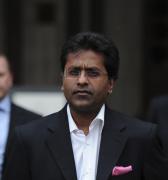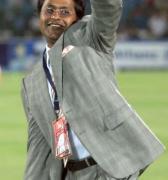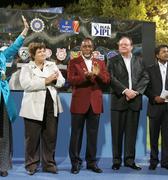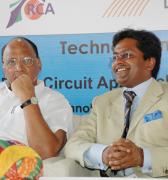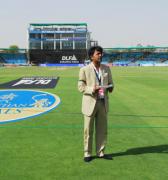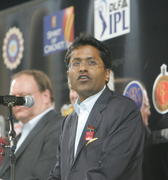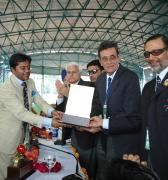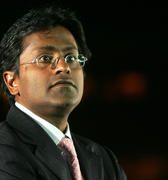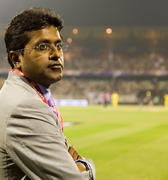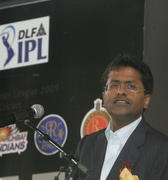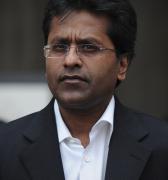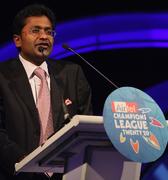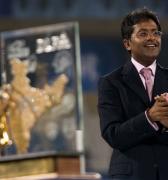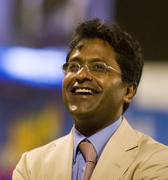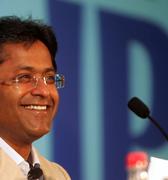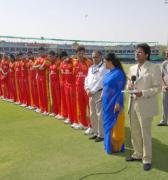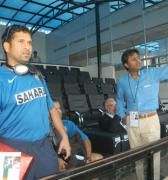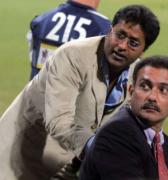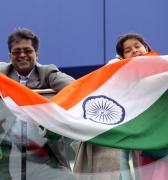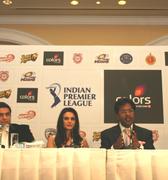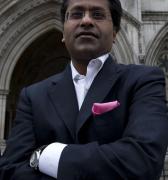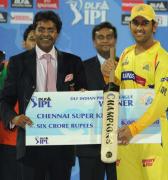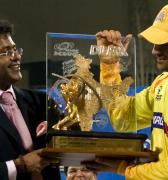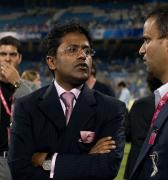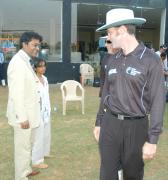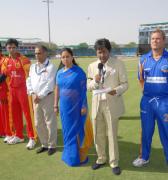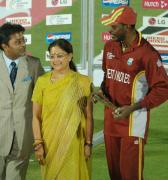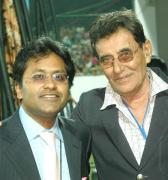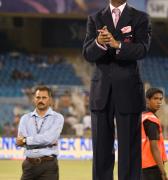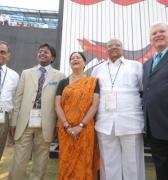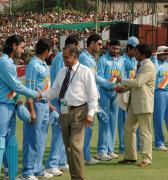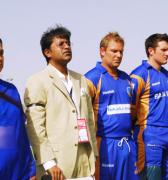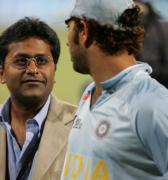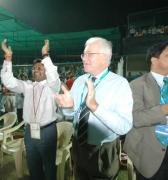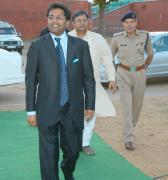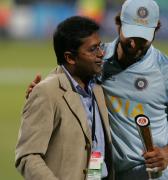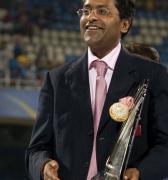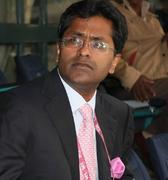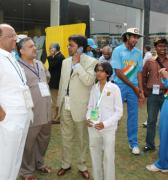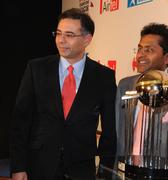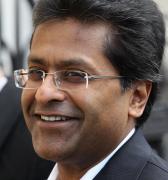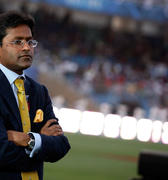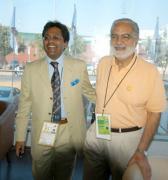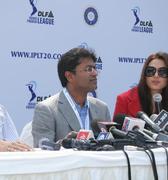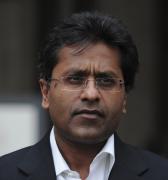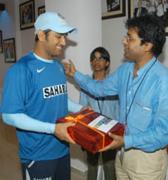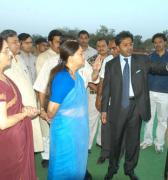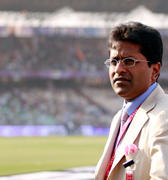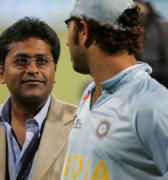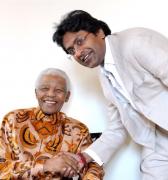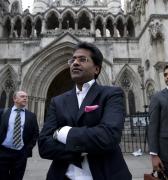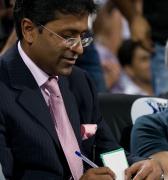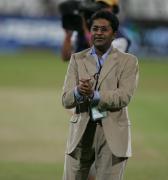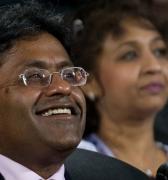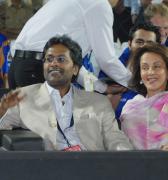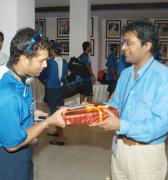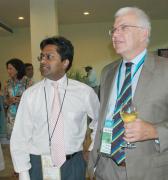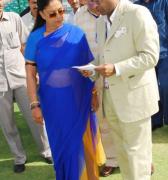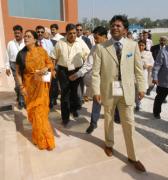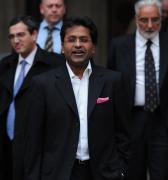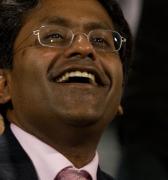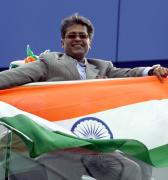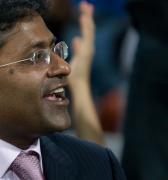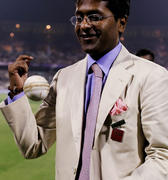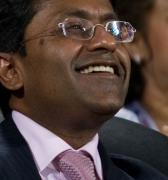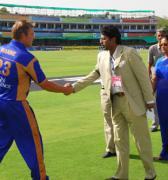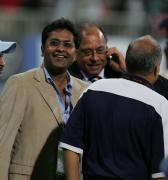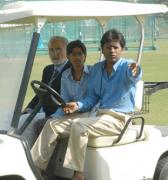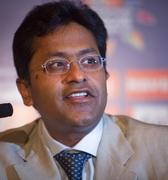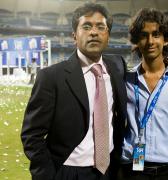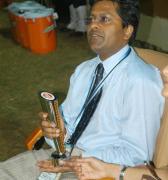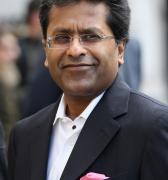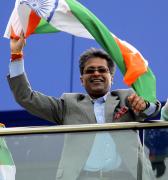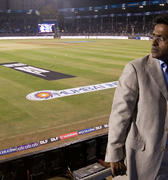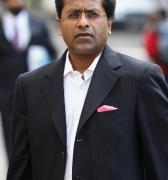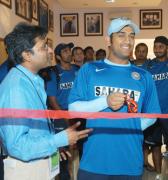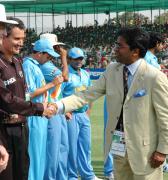Back in the late 1980's the UK's Prime Minister, John Major, now Lord Major, met with President Brezhnev of the Soviet Union. Mr Major asked Brezhnev how things were in the USSR to which he replied: 'Good'. Mr Major asked his counterpart to embellish a bit. 'Not good' came the reply.
I may be stretching things but I see a number of parallels with this story in the world of cricket and the BCCI's role within it.
First , the 'Good'. Here in England, in a warm midsummer, it's the height of the cricket season with much excitement at the pending arrival of India’s finest for a three-month tour. Four Tests, one T20 and five one-day internationals will provide a great spectacle and fascinating encounters between two sides at the top of their game.
The ‘warm-up’ act has been pretty exciting too. Sri Lanka narrowly lost the deciding match at Old Trafford on Saturday in the five-match ODI series and could have registered a formidable 'away' win after taking a 2-1 lead after three matches. Two world-class sides with little to separate them in talent and application. But off the field its a very different story, with Sri Lanka's debt ravaged Cricket Board struggling back home with the latest financial set-back enforced upon them by their nieghbours at the BCCI.
And here's the 'Not good' piece.
The fact the Sri Lankan Premier League Twenty20 tournament has had to be postponed and replaced by a provincial tournament featuring six local teams was no surprise to me. It was a commercial accident waiting to happen from the moment the BCCI refused to allow Indian players to participate. Of course, if they had been allowed to play, there was the prospect of India losing players for the first two Tests with England - at Lord’s and at Trent Bridge. It didn’t seem to matter that Sri Lanka agreed to release players to play in the BCCI’s IPL tournament earlier this year and therefore weaken their own squad to tour England. With the BCCI involved, there was to be no ‘quid pro quo’ here.
So, as a consequence, the Sri Lankans have been forced to replace the SLPL with a tournament involving only local players. The SLPL couldn’t happen without the involvement of Indian players, because without them there was no real opportunity to secure broadcasters in the lucrative Indian market. This meant that a tournament without its major attractions, administered by a financially stretched organisation was doomed.
It's my view the BCCI knew this and saw another opportunity to impose their authority on world cricket irrespective of the consequences. A case of; 'I've made up my mind, don't confuse me with the facts'.
And I'm not alone here. Former West Indies fast bowler Michael Holding was recently quoted on Fox Sports as saying this about the BCCI: “They have too much power. I do not believe any country should be able to dictate to the rest of the world.” Michael also adds: “Only the organisation that runs the sport should dictate its path. Individual boards are dictating certain things and that’s something I can’t agree with,”
I couldn’t agree with him more. The whole point of being a strong organisation within the cricket world is to support its development and grow the game. I'm not suggesting this should be an act of charity, I'm simply saying it is the imperative of leadership and the reflection of vision and wisdom. Of course, India should benefit, but what’s the point if all you’re doing is creating a situation that weakens the game elsewhere and subsequently its whole future? What happens if only the strongest survive? The international calendar will be repetitive, boring and commercially unattractive. That is no good to anybody least of all the BCCI.
The potential for that to become reality was also reflected in comments from the former ICC chief Ehsan Mani in a recent article carried by the Associated Press of Pakistan. He said: “In my time, every country played with every other country in a four-year cycle. That rule has been corrupted.”
Of course a series involving the likes of India and Australia, or South Africa and England is currently commercially more attractive than other fixtures, but without an integrated world system, the game is heading down a slippery slope as more and more sports and other forms of entertainment compete for fans discretionary time and income.
As the true authority for the world game, the ICC must now ensure the smaller nations are not sidelined. Sri Lanka may not have the richest Cricket Board in the world, but they have been blessed with some very talented cricketers who have enriched the world stage. Such nations should be encouraged to help produce more players, better tournaments and a brighter future; not forced to accept scraps from the top table at the whim of those who manipulate the guest list.
So to return to my little story. Is the BCCI in danger of becoming the ‘USSR’ of cricket politics? A formidable force, both feared and venerated in its prime, that overstretched itself by trying to impose its values and life style on too many nations and cultures, and in the process lost it all? Maybe I'm stretching the analogy but we all know where the exercise of power instead of influence leads.
In closing, I will admit to a little smile this week, when I realised the significance of India’s opening match in England. You’ll remember, the BCCI’s objection to the SLPL was because they incorrectly suspected my involvement in the company which owned the commercial rights for the tournament? That company was - and is - Somerset Entertainment Ventures. It was an incorrect notion that has since been firmly ridiculed as nothing more than a lame excuse. So how fitting, that India’s first stop on their tour this week, is a warm-up match.... in Somerset!
I do so hope the irony isn’t lost on the travelling army of BCCI Executives (or shall we call them “Comrades” ?) -wined, dined and housed in luxury and at great cost -when they are chauffeured, across the county boundary on Friday morning.


















